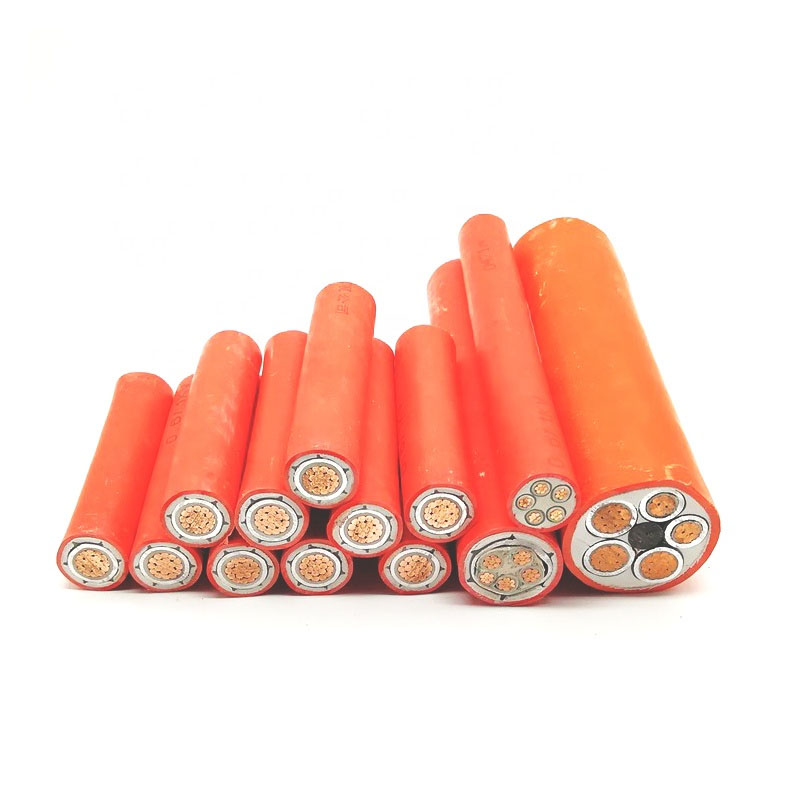
High-Quality Outdoor Electrical Cables for Socket Installation
Choosing the Right Electrical Cable for Outdoor Sockets
When it comes to outdoor electrical installations, safety and durability are paramount. One of the key components in ensuring a reliable outdoor socket setup is the choice of electrical cable. With various types of cables available, it can be overwhelming to make the right decision. This article aims to guide you through the essential factors to consider when selecting electrical cable for your outdoor sockets.
Types of Outdoor Cables
The most common type of electrical cable used for outdoor sockets is the Weatherproof Cable, often rated for direct burying or outdoor use. These cables typically have robust insulation that protects against moisture, UV rays, and temperature fluctuations. Options such as the SWA (Steel Wire Armoured) cable are particularly suited for high-load applications, providing added protection against physical damage.
Key Considerations
1. Weather Resistance Given that outdoor cables are exposed to elements, it is crucial to select cables that can withstand harsh weather conditions. Cables with robust outer sheaths, often made from PVC or rubber, offer improved resistance to water and sunlight degradation.
electrical cable for outdoor socket product

2. Voltage Ratings Ensure that the cable you choose is rated for the voltage requirements of your outdoor circuit. Common voltages for outdoor sockets are typically 230V to 400V, but always verify that the cable is suitable for your specific application.
3. Current Capacity Evaluate the current that your outdoor socket will need to handle. Different cables have different current ratings (measured in amperes), and selecting an appropriate gauge is essential to avoid overheating and potential hazards.
4. Installation Environment Consider the type of environment where the cables will be installed. If the cable will be buried underground, opt for cables specifically designed for direct burial. If the cables will be exposed, choose options with a higher resistance to UV rays and physical stress.
5. Compliance and Standards Make sure the cable adheres to local electrical codes and standards. Look for certifications such as BS7671 or IEC standards, which ensure the cable meets required safety and performance measures.
Conclusion
In conclusion, selecting the right electrical cable for your outdoor sockets is crucial for both safety and functionality. By considering factors such as weather resistance, voltage ratings, current capacity, and compliance with relevant standards, you can make an informed decision that will enhance the longevity and safety of your outdoor electrical systems. Remember, when in doubt, consult a qualified electrician who can provide expert guidance tailored to your specific needs. Investing in high-quality cables now can save you from costly repairs and safety hazards in the future.
-
The Quantum Leap of XLPE Cable in Power DistributionNewsMay.29,2025
-
Mastering the Essentials of Building WireNewsMay.29,2025
-
Innovative Horizons of Rubber Trailing CablesNewsMay.29,2025
-
Exploring the Versatile World of Rubber CablesNewsMay.29,2025
-
Decoding the Mysteries of Building CablesNewsMay.29,2025
-
Advancements Redefining Control Cable TechnologyNewsMay.29,2025
-
Why It's Time to Replace Old Rubber CablesNewsMay.28,2025














